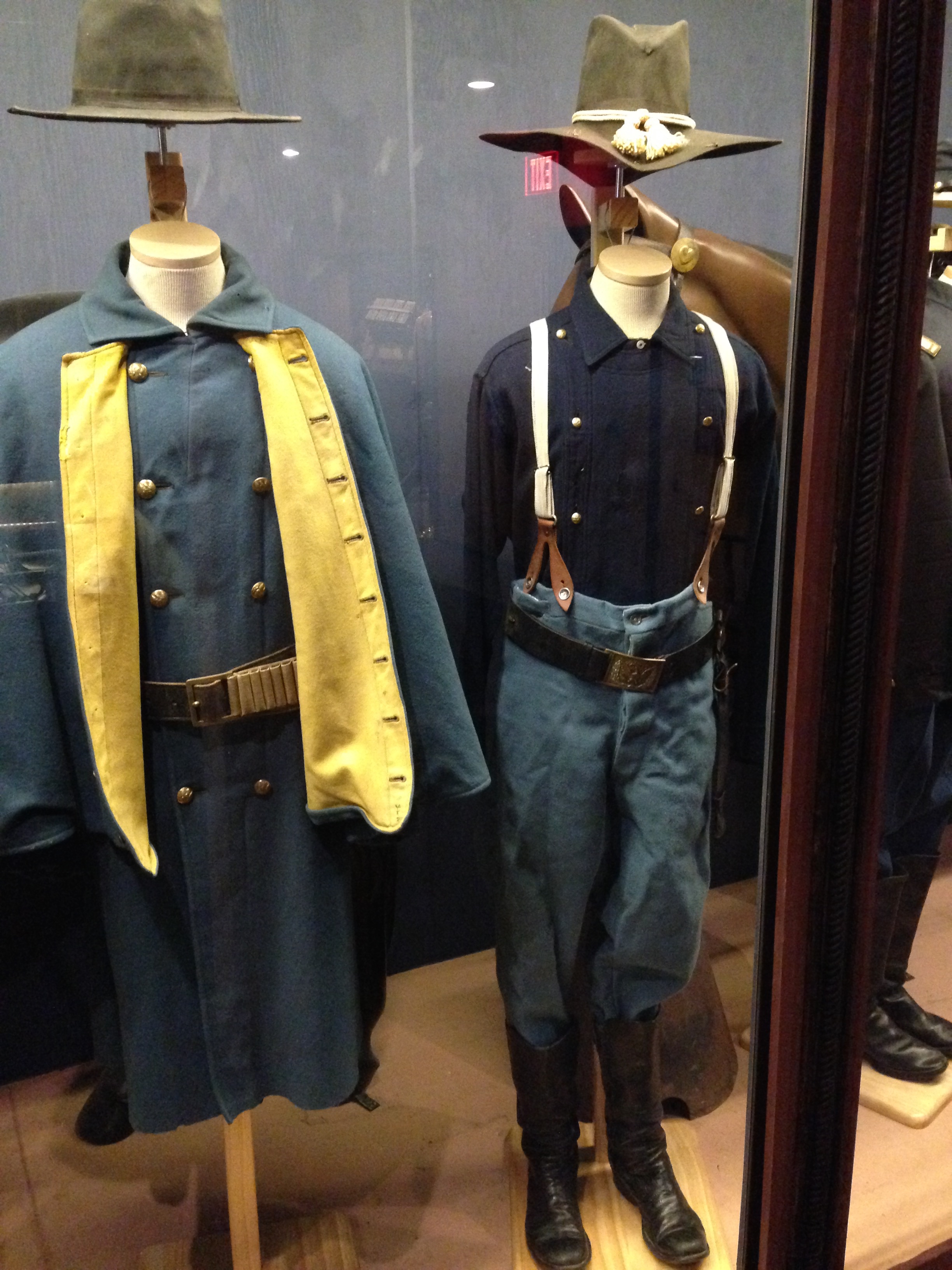Encyclopedia Dubuque
"Encyclopedia Dubuque is the online authority for all things Dubuque, written by the people who know the city best.”
Marshall Cohen—researcher and producer, CNN
Affiliated with the Local History Network of the State Historical Society of Iowa, and the Iowa Museum Association.
INDIAN WARS
INDIAN WARS. The Indian Wars in the lands west of the Mississippi included hundreds of savage battles and skirmishes fought among native tribes and between American troops and many different Native American tribes (population over 200,000) between the 1860s and 1890s. These lands had their own native tribes, but also many displaced from the Eastern United States as white settlement encroached on traditional residents including the Chippewa, MESKWAKIES, SAUK AND FOX, and WINNEBAGO. Even west of the MISSISSIPPI RIVER, the federal government took the view that it had the power of determining where tribes lived. Forced land deals like the BLACK HAWK PURCHASE and re-negotiating treaties to allow white expansion became common.
After the CIVIL WAR, thousands of Americans moved westward. They disregarded an earlier view of the West beginning during the presidential terms of Andrew Jackson as a harsh and uninhabitable desert that had been given to Native Americans as a vast preserve. Americans saw the potential for ranching. News of gold and other precious metals lured thousands more adventurers westward. Nothing, however, threatened Native Americans more than the slaughter of their most important source of livelihood, the BISON. Millions were shot for sport and as government policy to control the tribes, bringing this large animal to the point of extinction.
Americans as a whole viewed Native Americans as obstacles to progress and debated a range of “solutions” from armed annihilation to paternal missionary policies of the reservation system. Americans tried to convert the nomadic, horse-centered way of life into one that emphasized a settled life as farmers. America ignored treaties that had established territorial rights for the tribes. The words of Civil War General William Sherman to President Grant in 1866 typified the views of many Americans: “We must act with vindictive earnestness against the Sioux, even to their extermination, men, women and children.” They “must die or submit to our dictation.”
Many Native American tribes strongly resisted the reservation system. Outnumbered and outgunned, the Indians offered fierce and courageous yet futile opposition. The Sioux were led by Sitting Bull, Red Cloud, and Crazy Horse. These highly skilled horsemen, adept at hit and run tactics, lived in the Northern Plains. To the southwest, the Apache, primarily led by Cochise and Geronimo, adopted highly elusive tactics suited for their desert and canyon terrain. The most prominent American military leaders during these campaigns were Kit Carson, General George Crook, and General Philip Sheridan. Iowa soldiers earned the MEDAL OF HONOR as a part of many of the major conflicts.
Two men who joined the military from Dubuque were Albert SALE and George GATES. One of our former mayors, Charles J. W. SAUNDERS, was also involved in the wars and served with William F. "Buffalo Bill" Cody.








